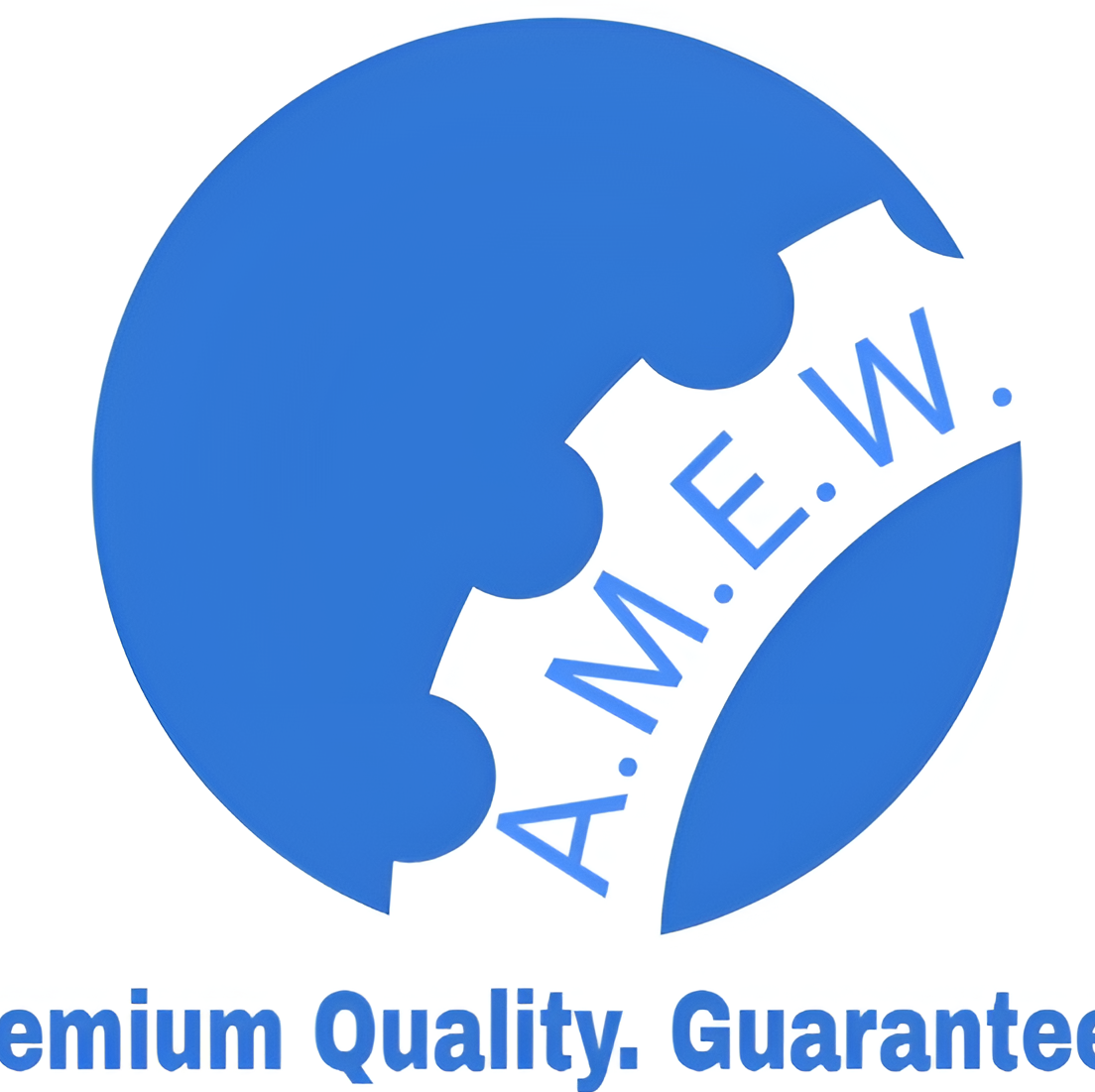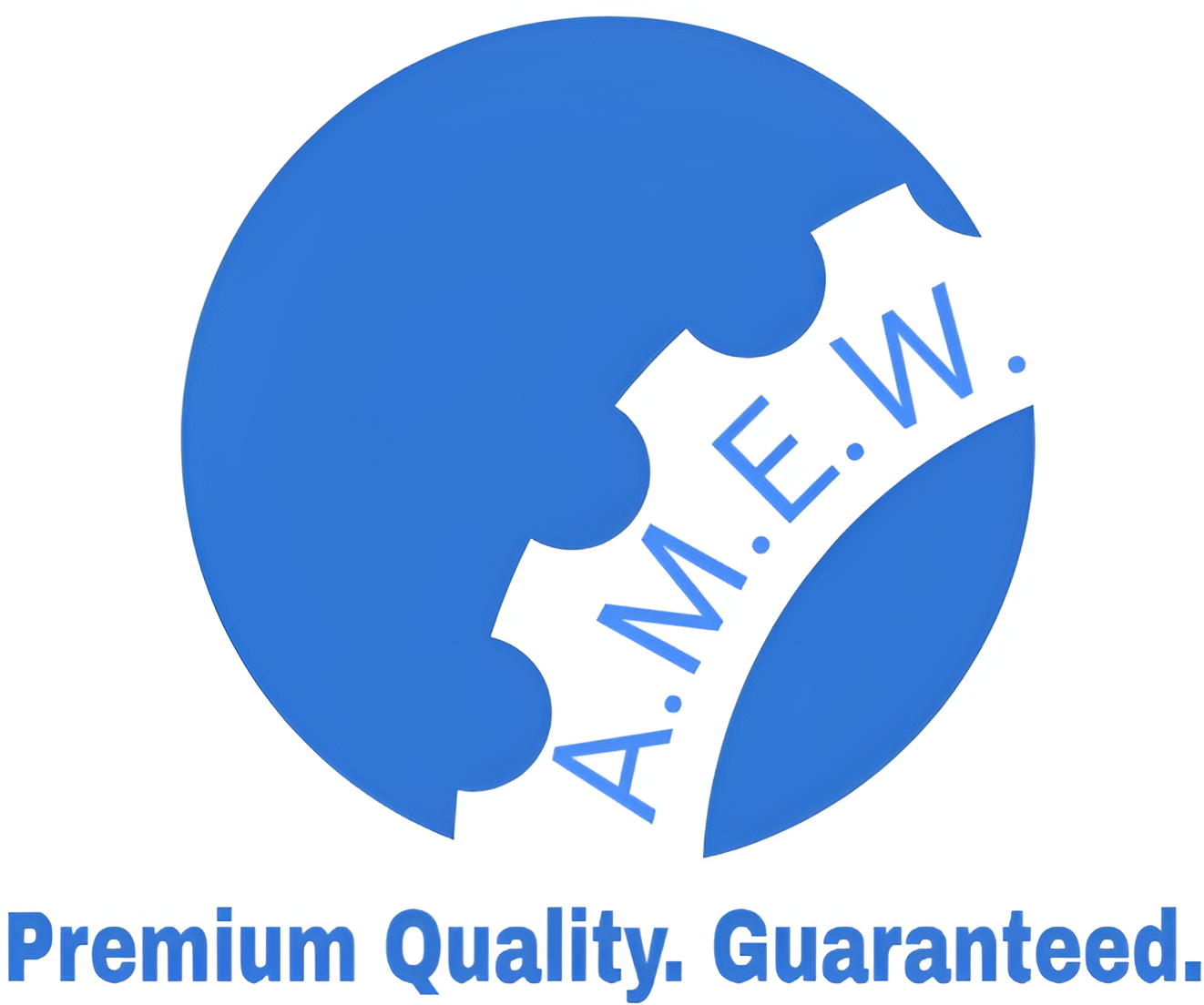Custom Forged Stainless Steel Fluid Ends
Fluid ends are at the heart of high-pressure pumping systems, working tirelessly behind the scenes to ensure efficiency and longevity in industries like oil and gas, manufacturing, and construction. However, not all fluid ends are created equally. The choice of material and design can significantly impact their performance, maintenance requirements, and lifespan.
If you’ve heard about custom forging and stainless steel in relation to fluid ends, but aren’t sure what it means or why it matters, this blog breaks it down for you. Here’s a comprehensive look at custom-forged stainless steel fluid ends, their benefits, and their role in transforming pumping technology.
What Are Fluid Ends?
Fluid ends, often referred to as pump heads, are components in high-pressure pumps responsible for managing hydraulic fracturing fluid. They are crucial in applications requiring extreme pressure, making them integral to industries like oil exploration, chemical processing, and power generation.
A fluid end’s primary function is to contain, control, and facilitate the high-pressure flow of fluids. Given the levels of stress these components endure, fluid ends must be exceptionally durable and resistant to wear and tear.
Types of Fluid Ends
Fluid ends are typically categorized based on their construction and material:
1. Integral Fluid Ends
Integral fluid ends are forged as single units, offering higher durability and resistance against pressure fatigue. These are ideal for operations involving extreme conditions, as their unified structure reduces vulnerabilities like leaks or fractures.
2. Modular Fluid Ends
Modular designs consist of multiple components assembled into a single unit. While they provide easier replacement for worn-out parts, they might not offer the same strength as integral fluid ends, especially in high-pressure applications.
3. Stainless Steel Fluid Ends
Among the range of materials used for fluid ends, stainless steel stands out due to its corrosion resistance, high strength, and durability. Stainless steel fluid ends can be found in both integral and modular designs, making them a versatile choice for most industries.
Why Stainless Steel?
The use of stainless steel in fluid ends has gained significant traction, and for good reason. Here’s why stainless steel is the material of choice for modern fluid ends:
- Corrosion Resistance
Stainless steel naturally withstands damage from exposure to water, chemicals, and other corrosive substances. It ensures a longer lifespan, even in challenging environments like offshore drilling.
- Strength Under Pressure
High-pressure operations demand exceptional strength. Stainless steel offers the structural integrity needed to handle extreme stress without deformation.
- Hygienic and Low Maintenance
Stainless steel is easy to clean and maintain, a critical feature for industries like food-grade manufacturing and pharmaceuticals.
- Recyclable
Sustainability is becoming a crucial consideration across industries. Stainless steel is 100% recyclable, making it an environmentally responsible choice for fluid ends.
What Is Custom Forging?
Custom forging is a specialized manufacturing process that shapes raw stainless steel into high-performing components tailored to specific operational needs. Unlike traditional casting methods, which pour molten metal into molds, forging applies high-pressure compression to reshape solid stainless steel.
This process not only enhances the mechanical properties of the material but also allows for precise customization to match an operation’s unique requirements.
Key Benefits of Custom Forging:
- Enhanced Strength
Custom forging aligns the grain structure of the metal, providing superior toughness and reducing the likelihood of failure under stress.
- Exact Specifications
Whether your application requires specific dimensions, alloy compositions, or mechanical properties, custom forging allows extreme precision.
- Reduced Flaws
Forging eliminates internal voids and porosity, creating components that are less prone to cracks or deformations.
Why Choose Custom Forged Stainless Steel Fluid Ends?
While standard fluid ends may work for general applications, industries operating in demanding conditions need equipment tailored to their needs. Custom-forged stainless steel fluid ends offer unmatched performance and longevity.
Where Custom Forged Fluid Ends Excel:
- Oil and Gas
High-pressure fracturing requires premium durability, making custom-forged fluid ends a necessity.
- Chemical Processing
Custom designs ensure fluid ends withstand exposure to aggressive chemicals and rapid temperature changes.
- Power Generation
Applications demanding constant performance over long periods benefit from the strength and resistance of forged stainless steel.
Advantages of Custom Forging:
- Superior Durability
Custom-forged fluid ends boast extended service life even in extreme environments, reducing downtimes and overall operational costs.
- Tailored Performance
Have specific operational challenges? Custom forging guarantees component design and material selections perfectly suited to your needs.
- Cost Efficiency
Although the initial cost of custom forging might be higher, the minimized need for replacements and downtime makes it a smart investment.
Real-World Applications and Success Stories
Case Study 1 – Offshore Drilling Platform
An oil company operating in corrosive saltwater environments needed fluid ends that could withstand both high pressure and continuous exposure to seawater. Custom-forged stainless steel fluid ends reduced their maintenance costs by 40% and allowed them to maintain optimal drilling efficiency.
Case Study 2 – Chemical Processing Plant
A chemical plant facing severe wear and tear in its fluid ends turned to custom-forged designs. By introducing stainless steel fluid ends built to their specifications, they achieved a significant improvement in reliability and operational safety.
Maintenance and Care for Custom Forged Fluid Ends
Even with their impressive durability, custom-forged stainless steel fluid ends require a proper maintenance routine to maximize lifespan:
- Inspect Regularly for Wear and Tear
Regular visual and ultrasonic inspections help identify early signs of fatigue or damage.
- Use Compatible Seals and Packing Materials
Ensure the materials used for sealing are suited to both the fluid type and operating conditions.
- Maintain Bolts and Connections
Check torque specifications and replace worn bolts to avoid unnecessary stress on the fluid end.
- Clean Thoroughly After Use
Especially in corrosive or abrasive environments, thorough cleaning eliminates residue that could reduce performance.
The Future of Fluid Ends
Custom-forged stainless steel fluid ends represent just the beginning of how advanced materials and technology are transforming industrial equipment. Innovations in material science, data-driven performance optimization, and sustainable manufacturing processes promise even greater durability, efficiency, and reliability.
Forward-thinking businesses understand that adopting high-quality, custom-forged fluid ends isn’t just about solving immediate challenges. It’s about preparing for a competitive future where performance and precision could be the difference between success and failure.
Whether you’re exploring options for your next industrial project or looking to upgrade existing systems, investing in custom-forged stainless steel fluid ends is your step toward enhanced performance and cost efficiency.

